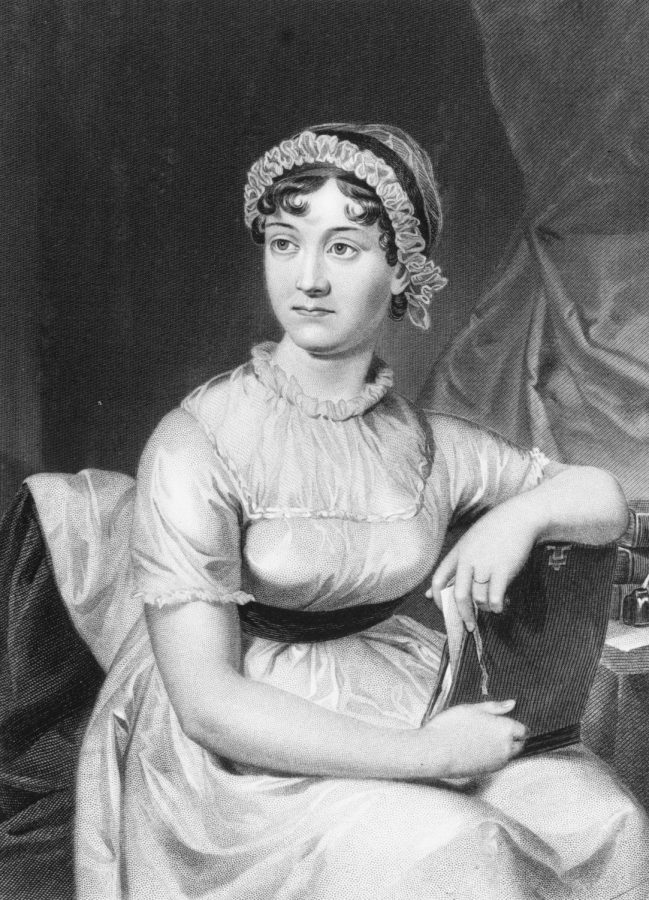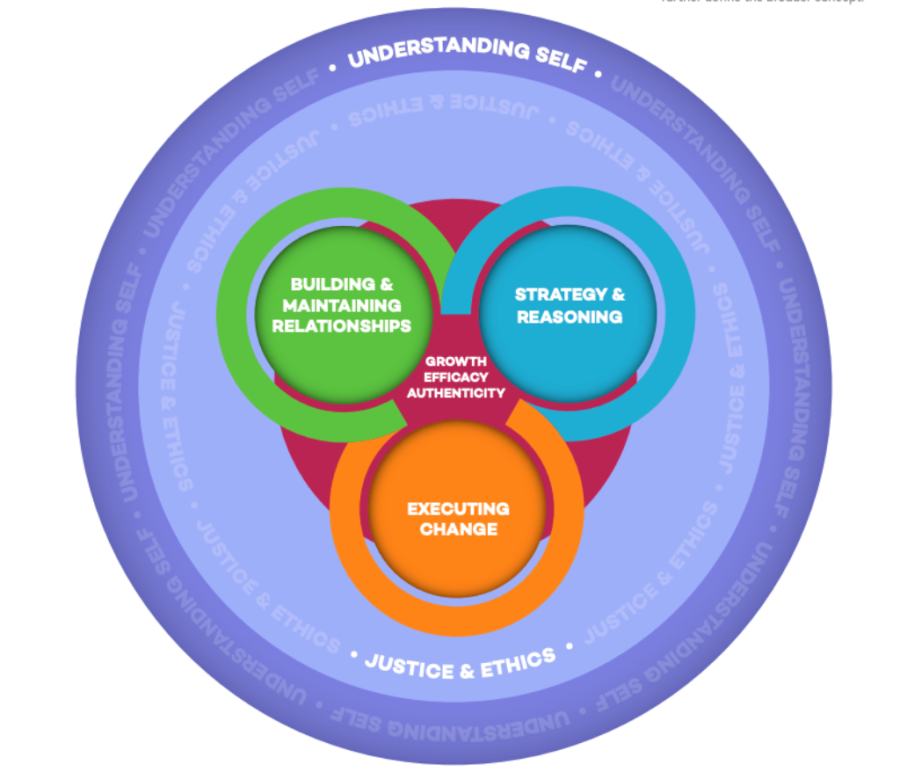The phrase “I’m not like most girls” seems relatively harmless at first, but have you ever pondered the conclusions most people draw from this statement? Have you ever thought about how this phrase might be seen as a compliment to the speaker, but also has the power to insult the entire female sex? Though to some it may seem extreme, I believe this phrase actually stems from the mindset that a girl has to bring others down in order to lift herself up. This false notion is nothing new, but rather embedded in our society.
You may be familiar with books, films, or songs that reference a girl who is less “feminine” or less “basic” than others, implying that she is somehow better or even deemed as worthier for a guy. Perhaps you have heard the famous Taylor Swift lyrics “She wears short skirts; I wear T-shirts” and “She wears high heels; I wear sneakers.” While there is nothing wrong with these statements themselves (after all, girls have the right to express themselves in different ways), in context, these lyrics distance the two girls, implying that the one who wears short skirts and high heels is inferior to the other. These lyrics convey the culturally ingrained technique of emphasizing the feminine characteristics of girls as a way to invalidate their beauty or worthiness.
While it is wrong to portray femininity as a weakness, of course, there is absolutely nothing wrong with wearing T-shirts and sneakers. As Hailee Steinfeld so eloquently expressed in her song “Most Girls” in 2017, “No two [girls] are the same,” but all of them are “smart and strong and beautiful.” She further demonstrates the many ways girls can express themselves, whether it be sweatpants, dresses, or whatever makes them feel like a queen. As females, we should appreciate the wide range of beauty we represent and remember that our differences do not serve as divisions between us but instead bond us as phenomenal women.








